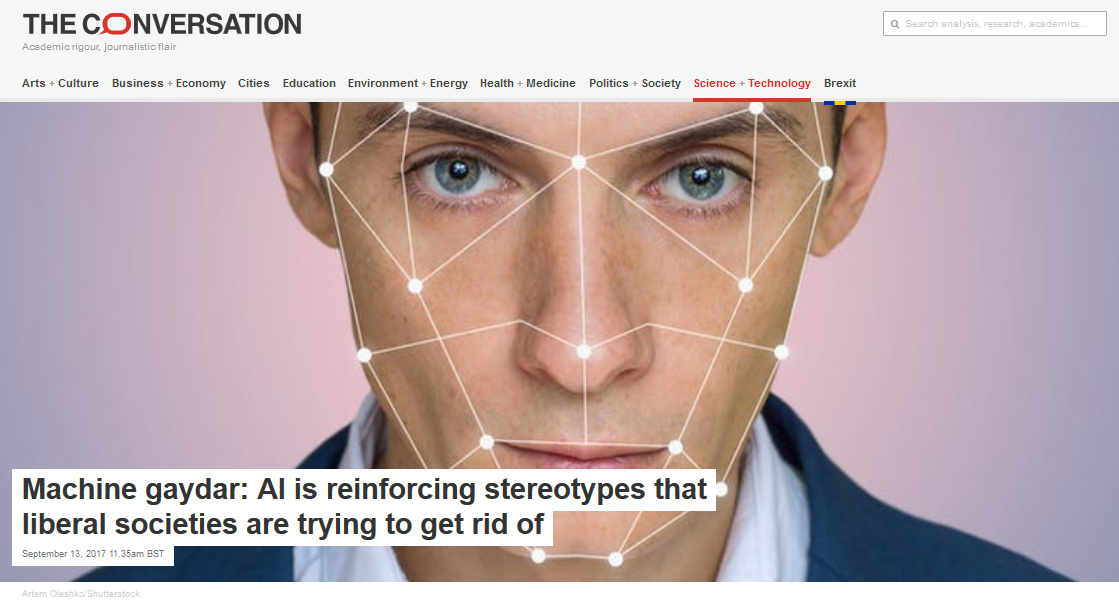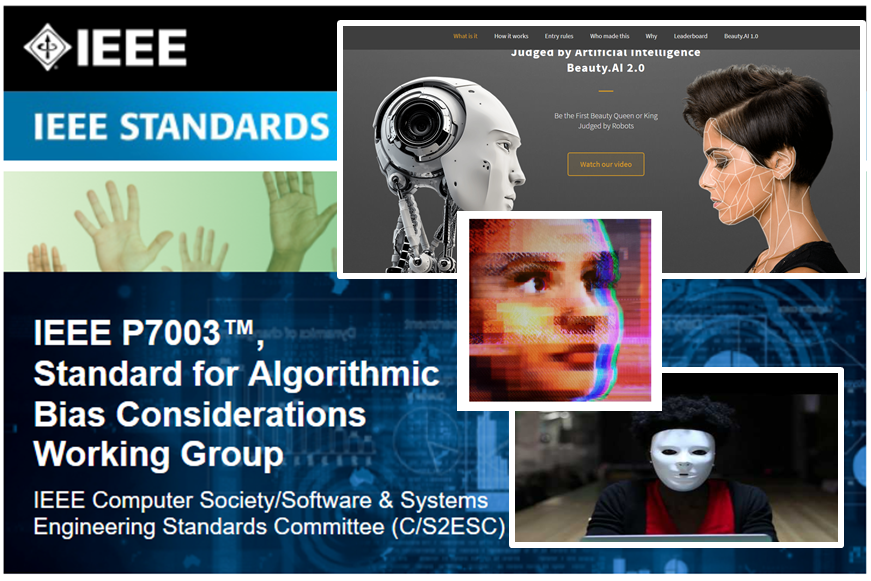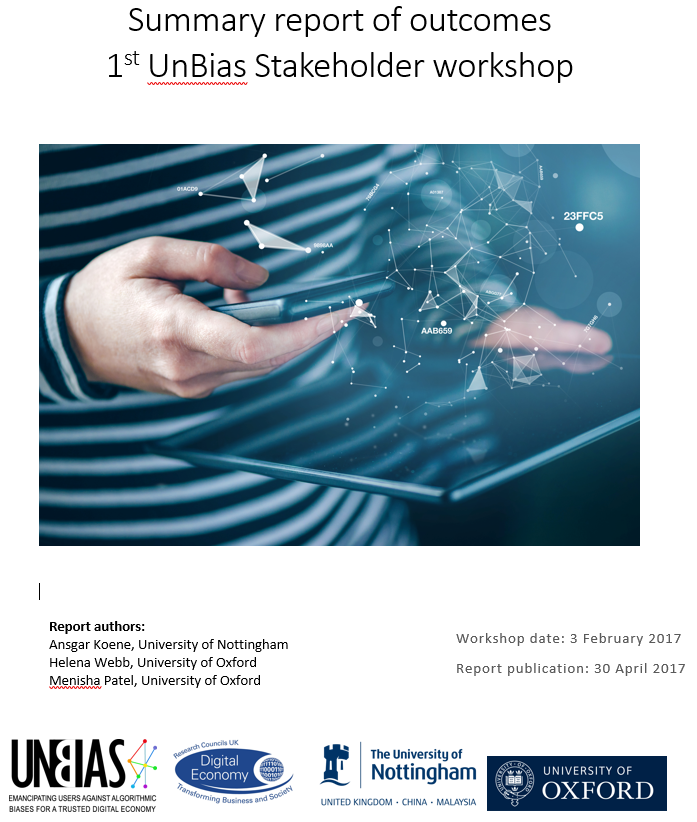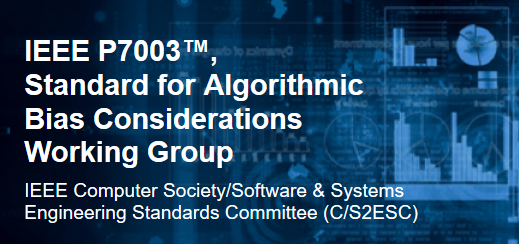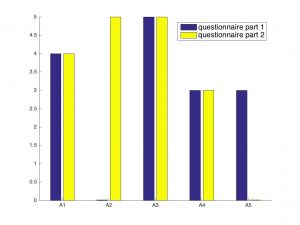On September 14th the US ACM organized a panel on Algorithmic Transparency and Accountability in Washington DC to discuss the importance of the Statement on Algorithmic Transparency and Accountability and opportunities for cooperation between academia, government and industry around these principles. Also part of this panel was Ansgar, representing the IEEE Global Initiative on Ethical Considerations for Artificial Intelligence and Autonomous Systems, its P7000 series of Standards activities, and UnBias.
Just two days earlier, on September 12th, the IEEE news source The Institute published a blog article “Keeping Bias From Creeping Into Code“, based on an interview with Ansgar about the P7003 Standard for Algorithmic Bias Considerations.
Continue reading USACM Panel on Algorithmic Transparency and Accountability

